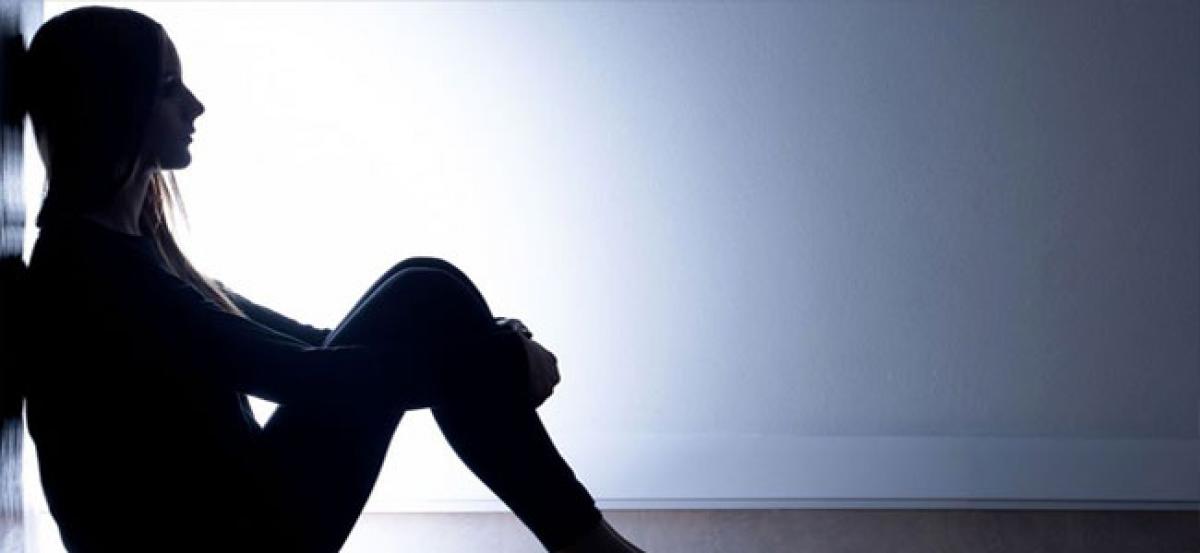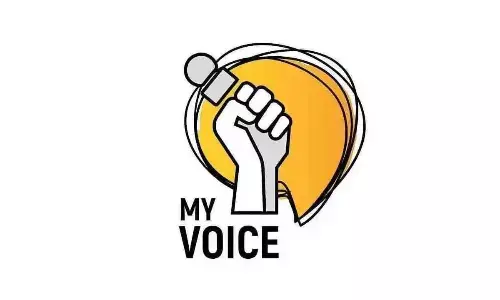Here Are The Ways To Overcome Gloom And Doom!

Every single person gets depressed and that is the sad part of being HUMAN We get fidgety during a quiet moment or experience stress when alone, thereby latching on to a fidget spinner Or waking time seems occupied by constant engagement in an activity, technological distractions and habits
Every single person gets depressed and that is the sad part of being HUMAN! We get fidgety during a quiet moment or experience stress when alone, thereby latching on to a fidget spinner! Or waking time seems occupied by constant engagement in an activity, technological distractions and habits. And boredom, the other side of restlessness, is a new age ailment. We rest to de stress, but then that too makes us restless and stressed. This is because we prioritise the external world over our inner world and emotions.
There is an external expectation of being happy and occupied, or both. Thus, emotions, especially melancholy, have become one of the most difficult feelings to handle. Also, those who have experienced clinical depression earlier, expert to have a stable and happy mood all the time. Besides these individuals unnecessarily suffer anticipatory fears of reoccurrence of another episode and associate any circumstantial upset feeling with relapse and these feelings of gloom can trigger a profound sense of doom.
Difference Between Depressed Mood And Depression
Feeling depressed, melancholic and sad is part of being human. Perhaps these feelings are necessary to gain deeper insight into our emotions and the ways one relates to the world.
Grieving is a natural reaction to loss or separation from a loved one or thing. While everyone feels down or sad, these moods pass usually, with little long term consequences. One continues to function normally during this time and knows he/she can bounce back in time.
The boundary between this depressed mood and clinical depression is imprecise, but the latter is associated with stronger symptoms which lasts longer, has a profound impact on functioning and is much more likely to require treatment. However, clinical depression is a common medical condition or a more severe form of a depressed mood that goes beyond life’s ordinary ups and downs.
Symptoms of clinical Depression
Excess fatigue and loss of energy
Significant sleep disturbance with early waking
Loss of appetite with weight loss
Indecisiveness, trouble thinking or poor coordination
Hopelessness or worthlessness or excessive and inappropriate guilt
A recurrent thought of death or suicide, or a suicide attempt
Causes of clinical Depression
Clinical depression is a result of various biological, psychological and social factors. Unlike a depressed mood which can be a reaction to minor life experiences, clinical depression is more likely to be caused by conflicting life events. Depression can make matters worse if left intact, depending on how the life situation proceeds. Also, genetic and family history of problems related to mental health can raise the risk of emotional or psychological problems.
How to get help for clinical depression
If you are experiencing clinical depression and it is affecting your functioning like work relationship and activity, then it’s time to seek help to overcome it, because life is greater than all its problems put together.
So, when the sense of doom begins to prevail, it’s better to put in efforts to remedy those feelings rather than act impulsively and in a negative or harmful manner. Your family doctor or physician may be good place to start, as your doctor can screen you for depression.
You can also seek help from a psychiatrist or qualified mental health practitioner to help you understand, manage and treat your symptoms. Early intervention reduces unnecessary suffering and aids faster recovery. Also, remember that all forms of depression can be cured with support and treatment.
How to proceed with treatment
It is a myth that people with clinical depression can simply pull themselves together and get better. Such views have contributed to the stigma of problems related to mental health and delay in seeking help.Talking to a mental health practitioner can be of enormous help as understanding our feelings and emotions and it’s underlying context, can itself be very therapeutic
Sometimes, counselling and psychotherapy needs to be complemented with medicine such as antidepressants for added effectiveness. Research has also established that a combination of medicine and psychotherapy is more effective than intervention alone.











